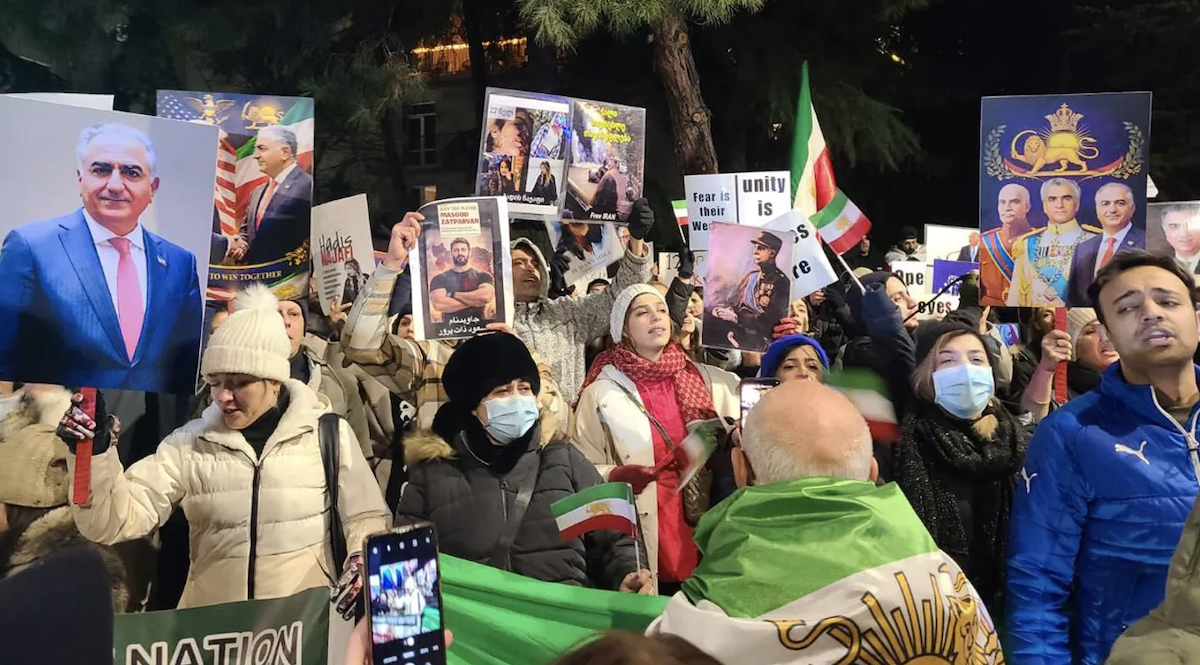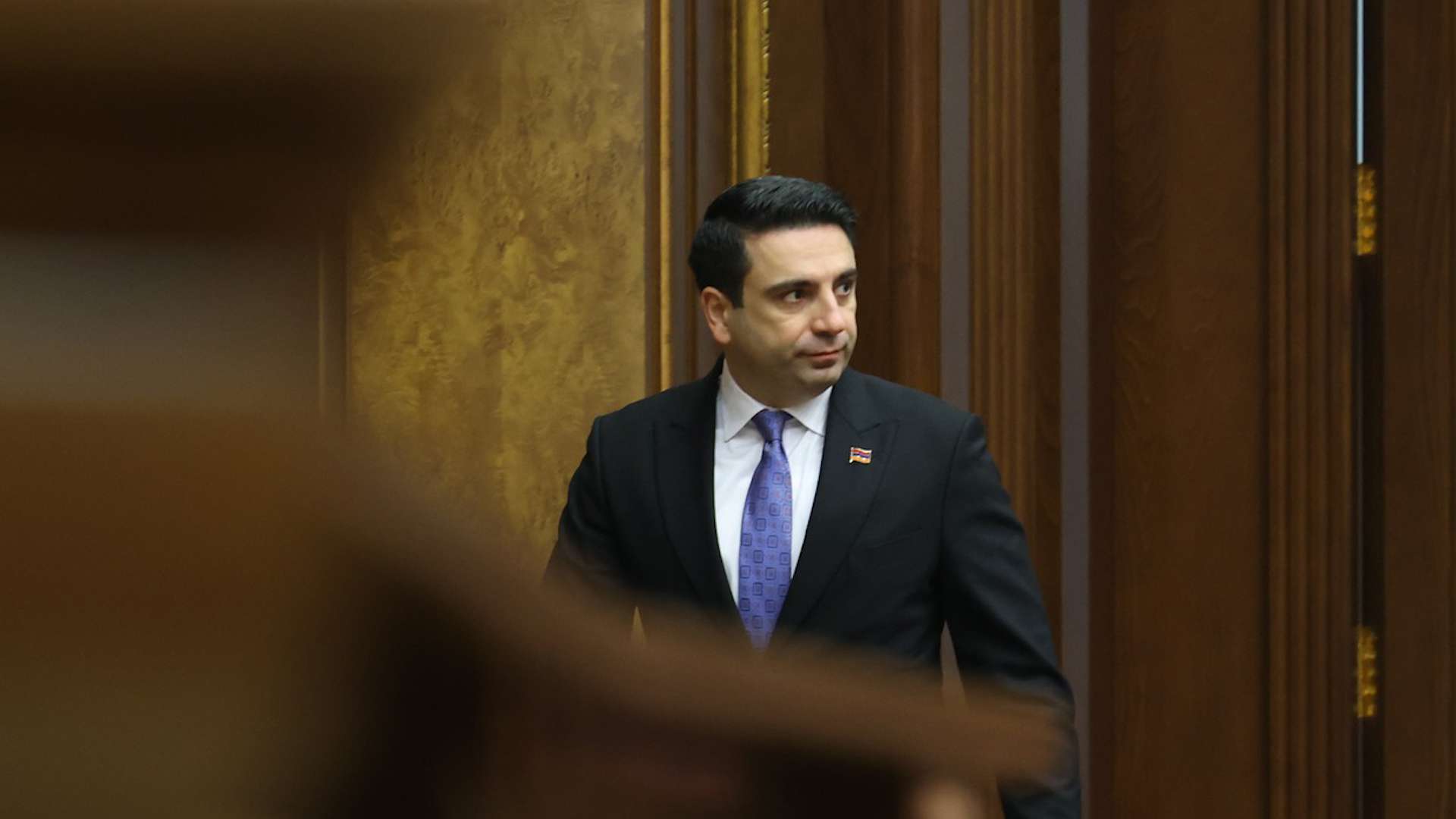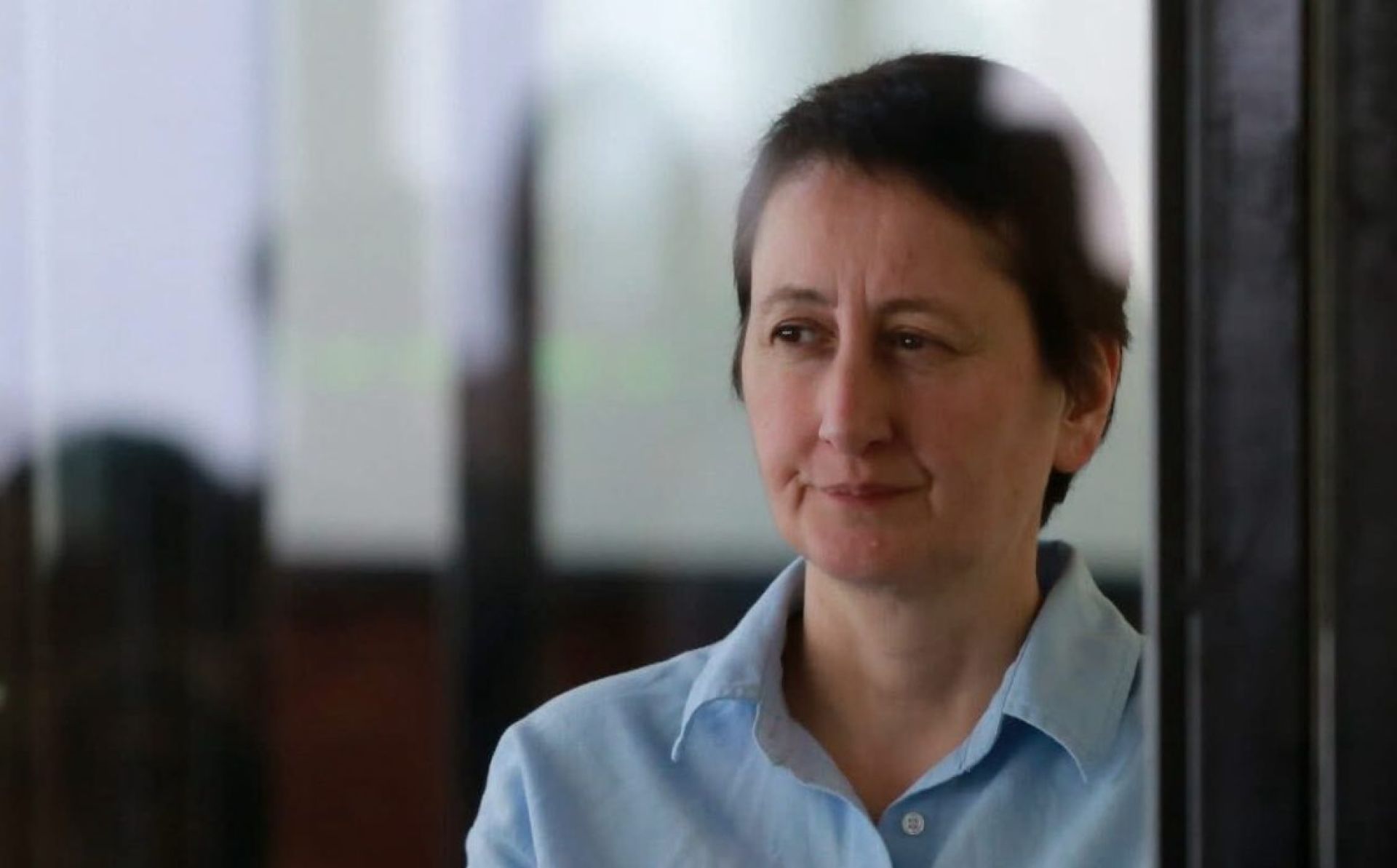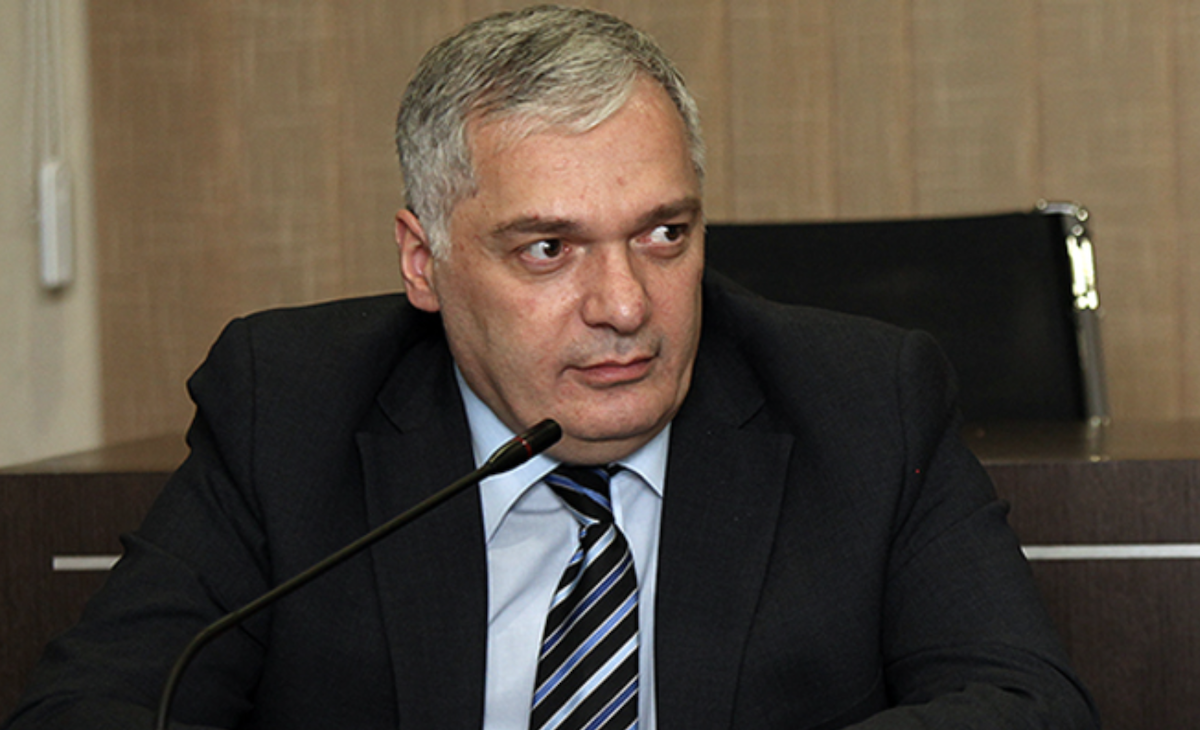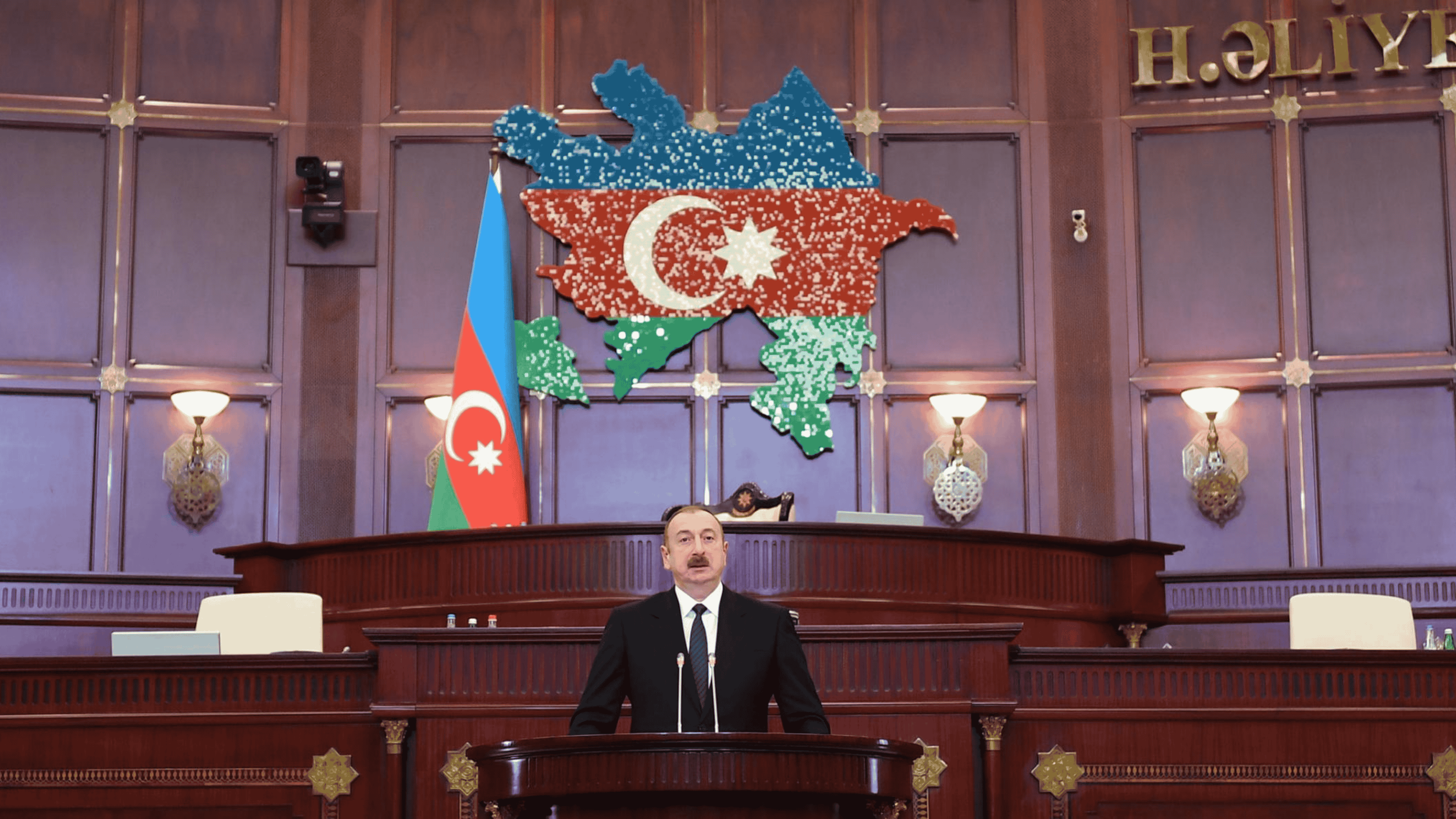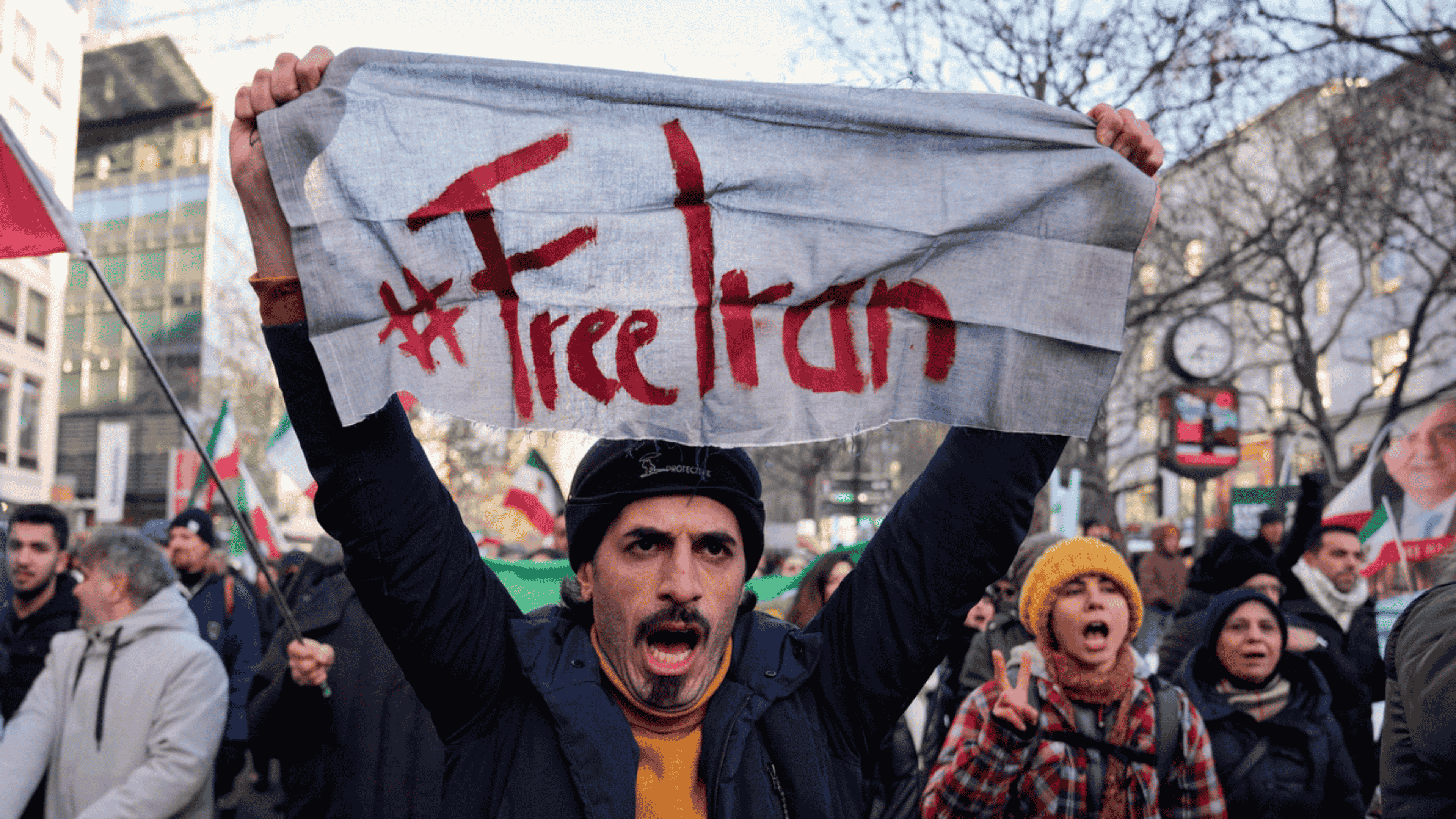Elections in Armenia – a potential solution to the crisis?
Will the upcoming parliamentary elections solve the current government’s problems? Will the political crisis in Armenia ever come to an end? How will the situation develop after the elections? How well has Armenia’s party system worked?
Political observers Alexander Iskandaryan, the director of the Caucasus Institute, and Ruben Mehrabyan, an expert from the Centre for Political and International Studies, answered JAMnews’ questions.
A brief look at the current political situation in Armenia
Snap parliamentary elections will be held in Armenia in early December. These will be the first elections to the National Assembly since Armenia moved to a parliamentary system of government.
Nikol Pashinyan, the leader of the Armenian Velvet Revolution who headed up the government last spring, insisted that elections be held as soon as possible. He stated that the current parliament tried to sabotage the revolutionary government and its initiatives from the very beginning.
MPs of the former ruling party and its supporters currently constitute a majority in the National Assembly. Pashinyan’s Yelk bloc and other supporters have so far been ineffective.
• Armenian parliament fails to elect PM in bid to dissolve
• Armenia: revolutionary gov’t proposal to amend electoral code fails
• First large-scale case of bribery uncovered in Armenia since revolution
Elections to Yerevan’s Council of Elders – the capital’s parliament and mayorship – were held a little over a month ago. The My Step political bloc won a landslide victory and received more than 80 per cent of the vote. This was an indicator that Pashinyan’s government would receive strong support in the event of snap parliamentary elections.
Pashinyan explained the need for an urgent election by the fact that the uncertainty of the political situation impeded the investment and the economic development of the country.
His party hopes to receive a majority in the new parliament. We asked experts whether or not the party would succeed in this endeavour, what the balance of political power looks like today, and what can be expected after the elections.
Alexander Iskandaryan believes that Armenia’s party system is in a state of slow collapse:
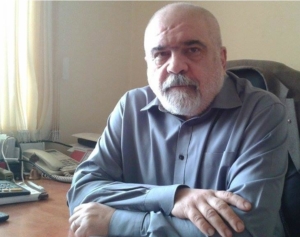 “The elections to the Council of Elders of Yerevan showed this. In developed democracies there is no such voting. A party can only get 80 per cent of the vote in proto-democracies where the voter is guided by the emotions of love and hate. Hate is a protest vote, but people are voting with love which is a result of the euphoria that occurs after a change. At the moment the euphoria continues in Armenia.
“The elections to the Council of Elders of Yerevan showed this. In developed democracies there is no such voting. A party can only get 80 per cent of the vote in proto-democracies where the voter is guided by the emotions of love and hate. Hate is a protest vote, but people are voting with love which is a result of the euphoria that occurs after a change. At the moment the euphoria continues in Armenia.
“The election to the Council of Elders were not elections per se. It was a vote of confidence. The executive branch has wide legitimacy, and this election was confirmed through a vote. With such a high level of legitimacy, there is no need to even doubt the results of the next elections.
“There is, however, a serious danger. A political system cannot form in a short amount of time. Political parties are not formed from nothing. It is a lengthy process of institutionalisation, the creation of mechanisms and political tools and the formation of a culture of participation of parties in elections.
“But the party system in Armenia is collapsing, it was weak even before the April Revolution. The success of the change of power does not belong to any organised party power. The leaders of the protests – representatives of the parliamentary faction of the Yelk bloc – got only seven per cent of the vote a year ago – a high for them. The success of the protests belongs to a group of people – the protest managers – and this is not a party organization.”
The risks and threats that Alexander Iskandaryan sees in this situation:
“This is very risky in countries with a parliamentary system without developed parties. To overcome the problem, we must first realise its nature in order to then build a party system and form opposition forces.
“In Armenia, starting in 1992 and continuing until April 2018, the authorities enjoyed low legitimacy. They adapted to this and found tools and mechanisms to be able to manage apathy. They were not comfortable, but they could exist. Their mistake was that they thought that it could go on like this forever.
“Now we have the opposite situation. The government lives in conditions of extremely high legitimacy and constantly tries to confirm it. For politicians, high legitimacy is a very good thing. It can be used, for example, to adopt unpopular reforms and to introduce serious programmes that lead to discontent in society. But when you use your legitimacy to confirm your legitimacy, that’s a risky business because your legitimacy will decrease with time – it always does. Then those accustomed to high legitimacy will not be able to cope with the lows. We have to be ready for this.
“But there is currently no opposition. It will form later down the line.”
“It is unrealistic to expect an opposition group to form before the parliamentary elections. Therefore, the parliament will look similar to the picture we saw in the elections to the Yerevan Council of Elders.
“The executive branch benefits from early elections, and the sooner the better. It would have been difficult to work with the current parliament until 2022 because cohabitation is a complicated matter. If fair elections are held, the majority in the new parliament will be made up of Nikol Pashinyan’s supporters. If they don’t get 80 per cent of the vote, they will get at least 60.
“The rest will not have time to form an opposition with the electorate; even the former ruling Republican Party will not have time. Even if it goes on rebranding itself through image cleansing, or even if it enters into a coalition with someone, including the second president Robert Kocharyan, it won’t work. Thus we will have a country with a parliamentary system in the absence of political parties. Instead there will simply be a certain group of people or even one person and his supporters.
“Decisions will be made chaotically. Ideas about political problems will be stereotypical, and this will lead to problems in the economy, in the social sphere and in politics. This happens with all revolutions. The old authorities are in power for too long; they lose touch with society, and therefore often fall. The new power is heterogeneous and not very competent, and the people who have come to power are a priori, inexperienced. This is usually both a hope and risk because they have to learn while driving.
“But for Armenia with its complicated geopolitical situation, the risks are extremely high. There is a danger of becoming a failed state. In the post-Soviet space, there are five such countries, and all of them passed along this path – the path of transition to a parliamentary system, a color revolution and a change of elites. These are Georgia, Ukraine, Moldova, Kyrgyzstan and now Armenia. Paradise has not come to any of them.”
Ruben Mehrabyan believes the ruling party is able to listen to objections:
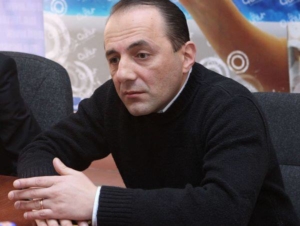 “The new parliament will not look fundamentally different from the Council of Elders of Yerevan, though perhaps with some differences in the regions – but nothing more.
“The new parliament will not look fundamentally different from the Council of Elders of Yerevan, though perhaps with some differences in the regions – but nothing more.
“The idea that the elections were held under euphoria is a propaganda cliché, which is used for certain purposes but not to describe reality. Moreover, this situation cannot lead to a one-party system because everything depends on political practice.
“If the ruling party had gained not 80 but 51 per cent using non-political means of pressure, and had they not heard a different opinion, the picture would have been completely different. But with 80 per cent of the vote, when each objecting vote will be taken into account, there is no longer any talk of danger.
“The current majority, which is expected to be in the new parliament, is capable of listening to other opinions. It was originally interested in not making mistakes and not losing its popularity, plus in performing a unifying function.
“The objecting voice will come from the opposition and in the parliament, purely from a mechanical point of view, 30 per cent of the seats will be in the hands of the opposition in any case [ed. According to the constitution, the party that wins a majority in parliament cannot receive more than 2/3 of the mandates, the opposition must receive a third of the mandates].
“At the moment, I see two forces that are able to enter the parliament as an opposition. These are the Luys bloc – Pashinyan’s former allies in the Elk faction, as well as the Prosperous Armenia party of the oligarch Tsarukyan.
“There will certainly be no self-directed opposition in parliament. Such an opposition is not necessary, but there will be no obstacles to expressing their opposing point of view.”
Mehrabyan says the weak link of the Armenian political system is the quality of political parties:
“There is not just a parliamentary system of government in Armenia, but also a party system of forming a parliament. Politics in Armenia can only be partisan, but the quality of our political parties is the weakest link of the political system. The stage of party building in Armenia and the construction of different parties based on different legal ideologies is a stage that will come in the future.
“However, in Armenia there are no such established party traditions as yet; there are no ramified, institutionally-held parties. The parties are more or less new, and those that are old are stagnant sects and closed systems. It will therefore be necessary to try to combine the issue of establishing a new democratic system with the stage of forming parties.
“We need time, we need a specific policy that promotes the formation of parties as well as legislative initiatives. The law On Parties which exists now does not contribute to the formation of these parties, but to fragmentation. It is encouraged by the ruling parties who fit in one bus and whose seats remain free. This is a big gap, a big omission that carries certain threats. This situation creates grounds for the disorientation of society and for the spread of political demagogy.
“Society appears to be somewhat defenseless in the absence of party institutions.”











